Traveling the world doesn’t have to break the bank. Learn the top tips and tricks to explore new destinations on a budget in our comprehensive guide on how to travel the world on a budget.
Choosing Affordable Destinations
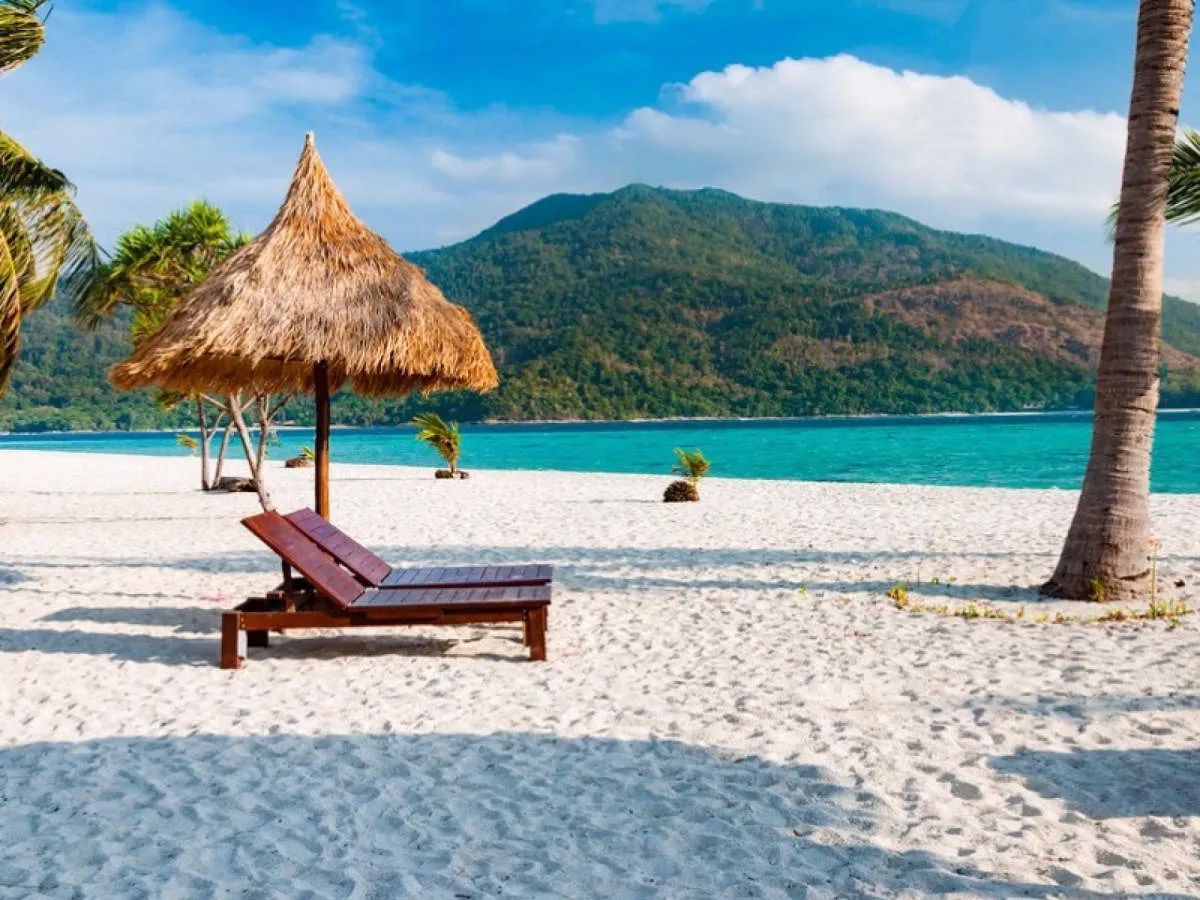
One of the biggest factors influencing your travel budget is your choice of destination. Some countries are notoriously expensive, while others can feel incredibly cheap, even with a modest budget. Here’s how to pinpoint budget-friendly destinations:
Research Cost of Living
Websites like Numbeo and Expatistan provide detailed cost of living comparisons. Plug in your home city and potential destinations to get a sense of relative prices for accommodation, food, transportation, and entertainment.
Consider Southeast Asia, Eastern Europe, or Central America
These regions are generally known for their affordability. Think vibrant cities like Bangkok, Thailand, historical gems in Budapest, Hungary, or stunning natural landscapes in Guatemala.
Look Beyond the Tourist Traps
Venture away from the well-trodden tourist paths. Often, lesser-known towns and villages offer a more authentic and affordable experience. Plus, you’ll support local communities directly.
Travel During the Off-Season or Shoulder Season
Traveling during the off-season (typically the rainy or colder months) or shoulder season (the months flanking peak season) often means lower prices on flights and accommodation and fewer crowds to contend with.
Be Flexible with Your Destination
Sometimes, the best travel deals pop up unexpectedly. If you’re open to going with the flow, keep an eye out for flight deals, error fares, and last-minute offers. Flexibility can lead you to incredible experiences at a fraction of the cost.
Finding Cheap Flights
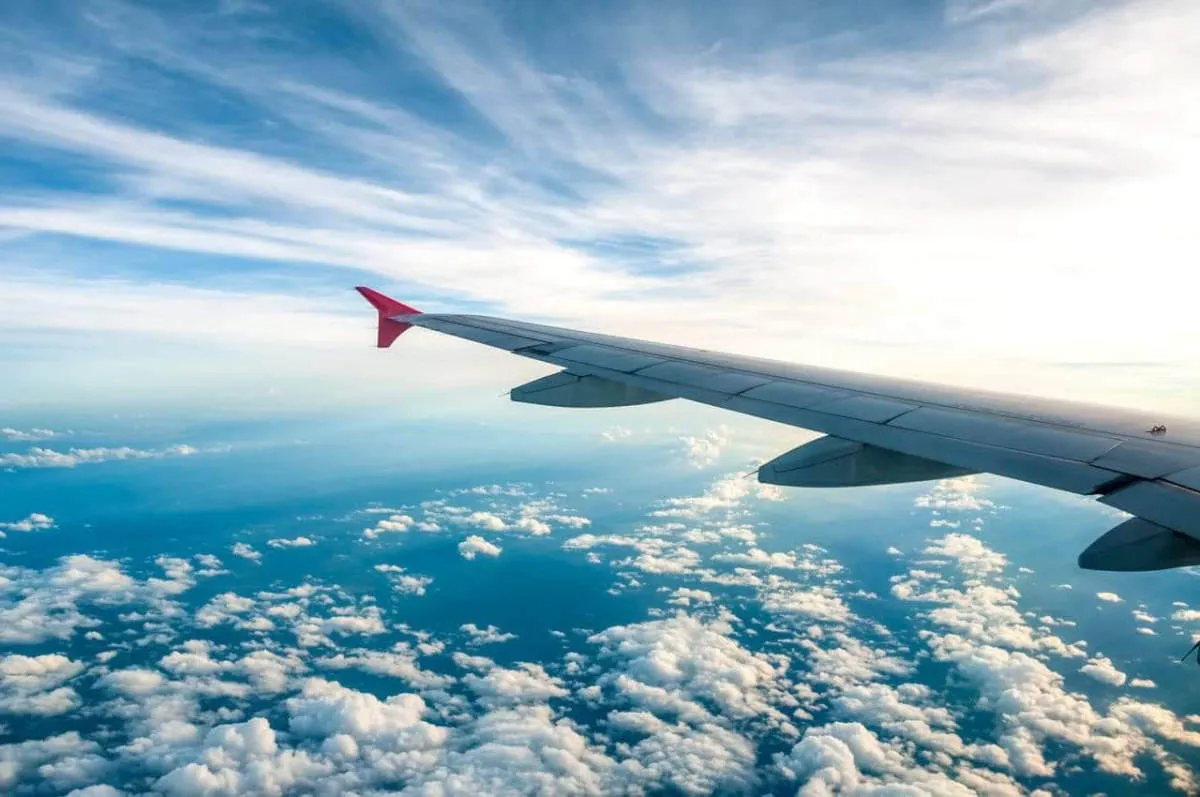
Snagging a deal on airfare can make a world of difference to your travel budget. Here’s how to find those elusive cheap flights:
1. Be Flexible with Your Dates and Destinations
Being flexible is key! If you’re tied to specific dates and destinations, you’re limiting your chances of finding a bargain. Consider traveling during the shoulder season (the months flanking peak season) or to less popular destinations.
2. Utilize Flight Comparison Websites
Flight comparison websites are your best friend! Sites like Skyscanner, Google Flights, Kayak, and Momondo let you compare prices from multiple airlines at once. Don’t forget to clear your browser cookies or use an incognito window to avoid price hikes based on your search history.
3. Sign Up for Email Alerts
Subscribe to email newsletters and price alerts from airlines and travel websites. This way, you’ll be notified of sales, special offers, and price drops for your desired routes.
4. Consider Budget Airlines
Budget airlines often offer significantly cheaper fares, but be aware of additional fees for baggage, seat selection, and in-flight amenities. Weigh the costs and benefits to determine if flying budget aligns with your needs.
5. Look into Alternative Airports
Flying into a smaller, less popular airport near your destination can sometimes save you money. Be sure to factor in the cost and time of transportation to your final destination.
6. Book in Advance…Or Last Minute!
Conventional wisdom says booking in advance is cheaper, but that’s not always the case. Airlines sometimes release last-minute deals to fill empty seats. If your dates are flexible, it can pay to play the waiting game.
7. Travel Light
Checked baggage fees can add a hefty sum to your flight costs. Pack light and efficiently to avoid these fees or consider paying for baggage in advance, which is often cheaper than paying at the airport.
8. Be Open to Layovers
Direct flights are convenient, but flights with layovers can be significantly cheaper. Embrace the journey and use the layover as an opportunity to explore a new city!
Staying in Budget Accommodations
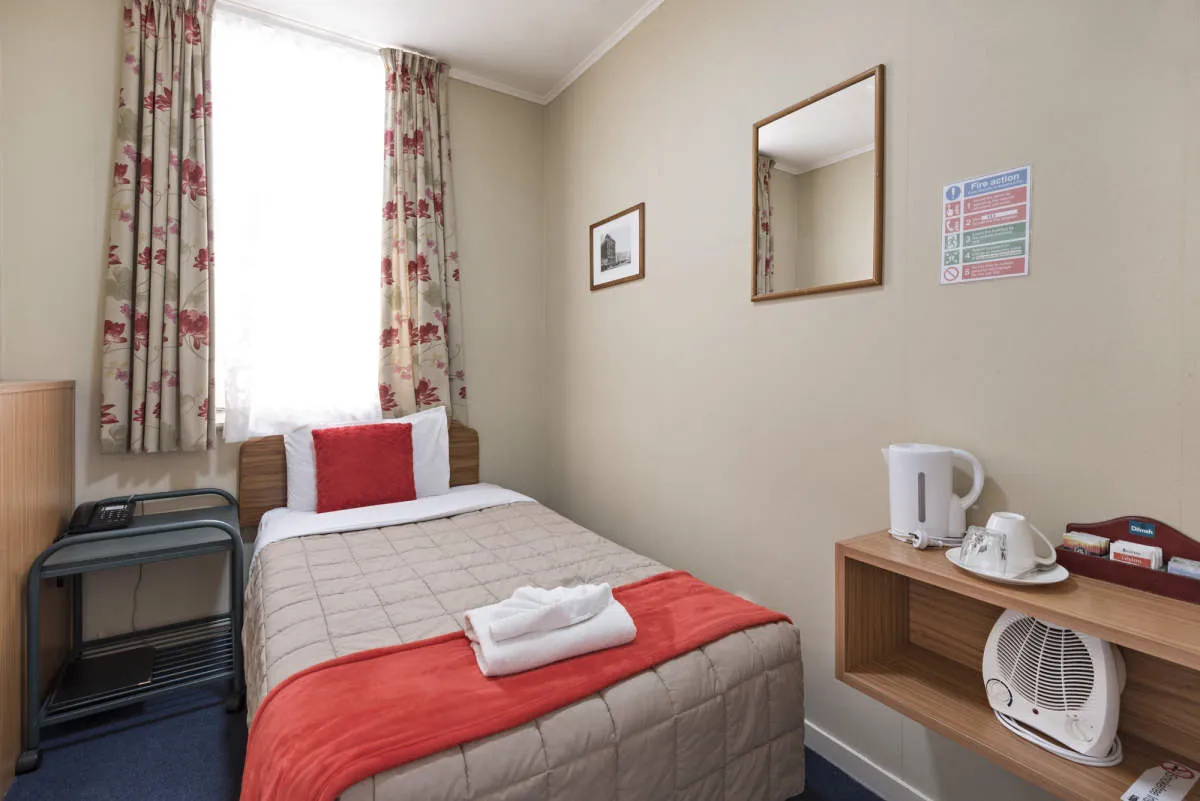
Finding affordable accommodations is key to stretching your travel budget further. Gone are the days when budget travelers had to settle for dingy hostels (unless you want to, of course!). Here are some strategies for finding a comfortable place to rest your head without breaking the bank:
1. Embrace Alternative Accommodation Options
Ditch the pricey hotels and explore these budget-friendly options:
- Hostels: Dormitory-style rooms offer the absolute cheapest rates, and many hostels also have private rooms at great prices. It’s a fantastic way to meet fellow travelers.
- Guesthouses & Pensions: Often family-run, these offer a more local and intimate experience than large hotels.
- Home Rentals (Airbnb, VRBO): Renting an apartment or home, especially for longer stays or groups, can be surprisingly affordable. Plus, you get the amenities of a kitchen, which cuts down on restaurant costs.
- Couchsurfing: Stay with locals for free! This is an incredible way to experience a destination like a local and make new friends.
- Farm Stays & Work Exchanges: Immerse yourself in local culture by working on a farm (WWOOF is a popular program) or volunteering in exchange for room and board.
2. Location, Location, Location (Doesn’t Have to be Central)
Staying slightly outside of the most touristy areas can often save you a bundle. Consider the proximity to public transportation – if you can get to the main sights easily, being a bit farther out might be a good trade-off for lower accommodation costs.
3. Travel During the Off-Season/Shoulder Season
Prices for almost everything, including accommodations, tend to be lower during the shoulder seasons (spring and fall) and off-season. You’ll find fewer crowds and often get better deals.
4. Book in Advance… or Last Minute
Booking well in advance is generally recommended, especially for popular destinations during peak season. However, keep an eye out for last-minute deals! Hotels and hostels sometimes offer significant discounts to fill empty rooms.
5. Consider Amenities Carefully
Do you really need a swimming pool, spa, and room service on a budget trip? Opting for accommodations with fewer frills will save you money. A basic, clean room is all you need!
Using Public Transportation
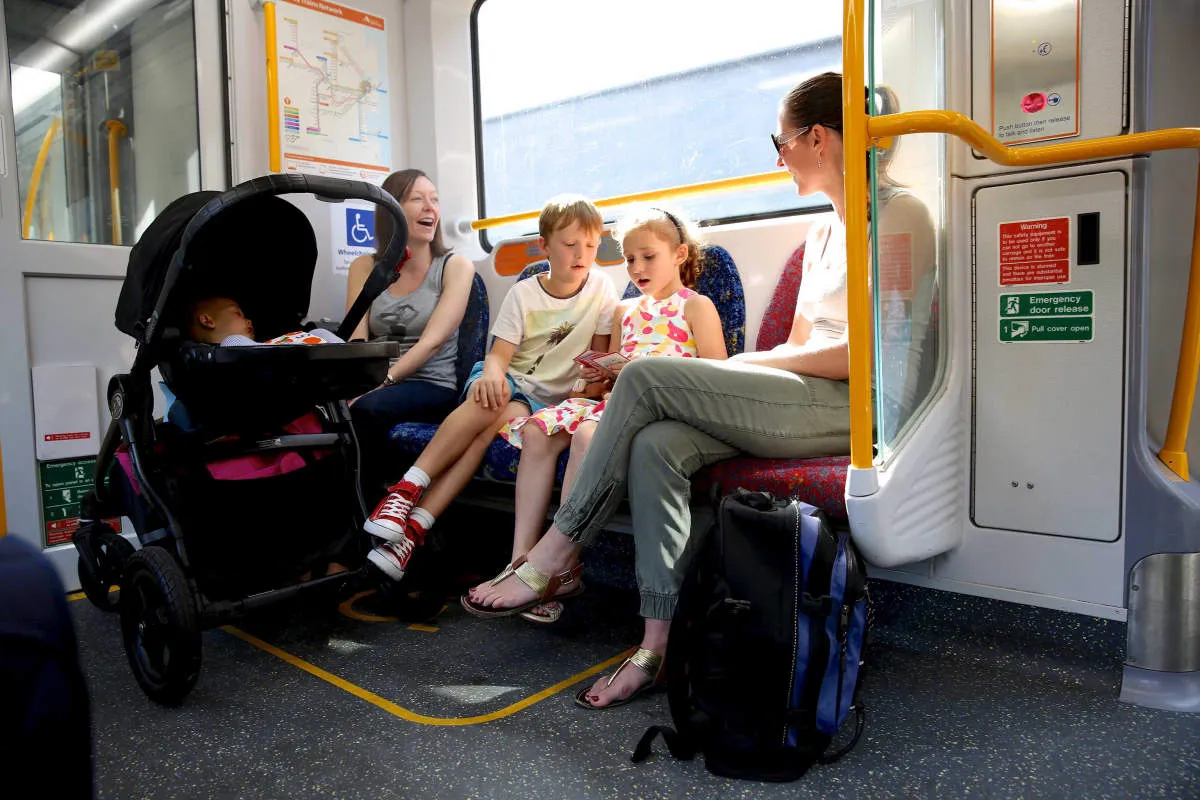
Traveling on a budget means being smart about transportation. Ditch the expensive taxis and rental cars whenever possible, and embrace the world of public transport. Here’s why and how:
Cost-Effective
Public transportation is almost always the cheapest way to get around a city or even between cities. Think buses, trains, subways, and local trams – they’ll save you a bundle compared to private options.
Experience Local Life
Hop on a crowded bus, navigate a metro system, or share a train car with locals – it’s an immersive experience. You’ll get a glimpse into everyday life and maybe even pick up some local lingo.
Tips for Using Public Transport:
- Research Before You Go: Familiarize yourself with routes, schedules, and fare options online or through apps.
- Purchase Passes: Many cities offer tourist passes or multi-day tickets for public transport, often at a discounted price.
- Off-Peak Travel: Avoid rush hour if you can. Fares might be lower, and you’ll dodge the crowds.
- Ask Locals: Don’t hesitate to ask for directions or clarification at stations. People are generally helpful, especially if you’re polite and try using a few local phrases.
Eating Like a Local

One of the biggest expenses while traveling is food. Eating out for every meal can quickly drain your budget. To eat cheaply, like a local, try these tips:
- Visit local markets: Local markets are a great place to find fresh, affordable produce, meats, cheeses, and other local specialties. You can often find ready-to-eat meals as well.
- Cook at home: If you have access to a kitchen, even if it’s just a hostel kitchen, take advantage of it! Cooking your own meals is significantly cheaper than eating out.
- Try street food: Street food is a delicious and budget-friendly way to experience local cuisine. Just be sure to choose vendors that look clean and hygienic.
- Eat lunch as your main meal: In many countries, lunch is the main meal of the day and is often offered at a lower price than dinner. Take advantage of these “menu of the day” options.
- Pack snacks: Carrying snacks like fruit, nuts, or granola bars can prevent impulse purchases when hunger strikes between meals.
- Ask locals for recommendations: Locals often know the best places to find cheap and delicious eats. Don’t be afraid to ask for recommendations!
Traveling During Off-Peak Seasons

One of the biggest expenses when traveling is often the cost of flights and accommodation. These prices can skyrocket during peak seasons like holidays and school breaks. To save significantly on your travel expenses, consider traveling during the off-peak or shoulder seasons.
What are the shoulder seasons?
Shoulder seasons are the periods between peak and off-peak seasons. They offer a sweet spot with pleasant weather, fewer crowds, and more affordable prices.
Benefits of traveling during off-peak seasons:
- Lower prices: Flights and accommodation can be significantly cheaper during the off-season. You’ll find better deals on everything from airfare to hotels to tours.
- Fewer crowds: Popular destinations are less crowded, allowing you to enjoy a more authentic and relaxed experience. You’ll spend less time waiting in lines and more time exploring.
- Better availability: You’ll have a wider selection of flights, accommodation options, and tour availability, giving you more flexibility in your travel plans.
- Personalized experiences: With fewer tourists around, you might find locals more welcoming and eager to share their culture and stories.
Tips for traveling during off-peak seasons:
- Be flexible with your destination: If you’re open to exploring different places, you can find incredible deals during their off-seasons.
- Research the weather: While off-peak seasons offer lower prices, be sure to research the weather conditions to ensure a comfortable and enjoyable trip.
- Book in advance: Even during off-peak seasons, it’s a good idea to book your flights and accommodation in advance to secure the best prices and availability.
Using Travel Rewards Programs
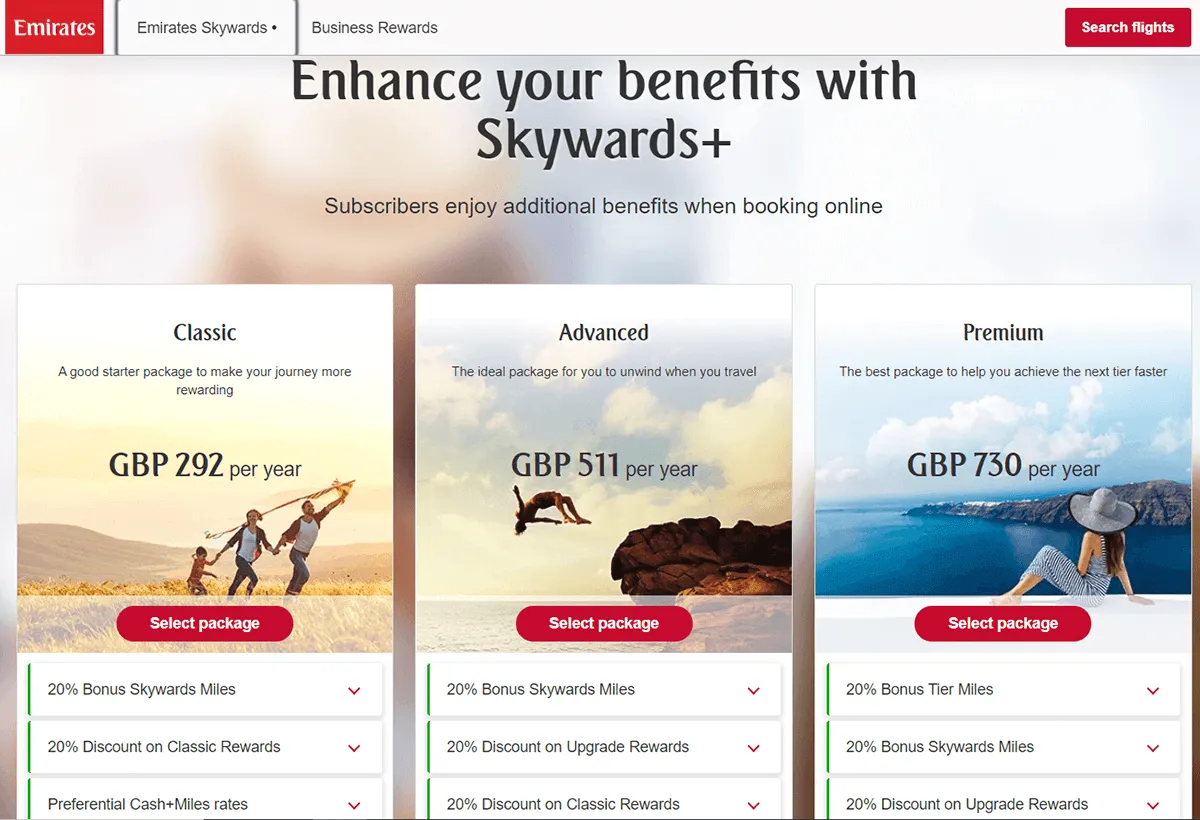
Travel rewards programs, encompassing airline miles, hotel points, and credit card rewards, can be your golden ticket to affordable globetrotting. By strategically accumulating and redeeming these rewards, you can significantly slash your travel expenses.
Choosing the Right Programs
Not all rewards programs are created equal. It’s crucial to select programs that align with your travel style and spending habits.
- Frequent Flyer Programs: Ideal for those loyal to specific airlines or airline alliances. Consider factors like route networks, earning rates, and redemption options.
- Hotel Loyalty Programs: Perfect if you prefer particular hotel chains. Look for perks like free nights, room upgrades, and late check-out.
- Travel Rewards Credit Cards: Offer flexibility with points or miles redeemable for flights, hotels, rental cars, and more. Research cards with generous sign-up bonuses and bonus categories aligned with your spending.
Maximizing Your Rewards
To truly leverage travel rewards programs, it’s essential to maximize your earning potential.
- Concentrate Your Spending: Channel your everyday expenses, such as groceries, dining, and entertainment, through your rewards credit card to earn points or miles on every purchase.
- Leverage Bonus Categories: Take advantage of credit cards offering bonus points or miles on specific spending categories, such as travel, dining, or gas stations.
- Sign Up for Program Newsletters: Stay informed about limited-time promotions, bonus point opportunities, and exclusive deals.
Setting a Daily Budget
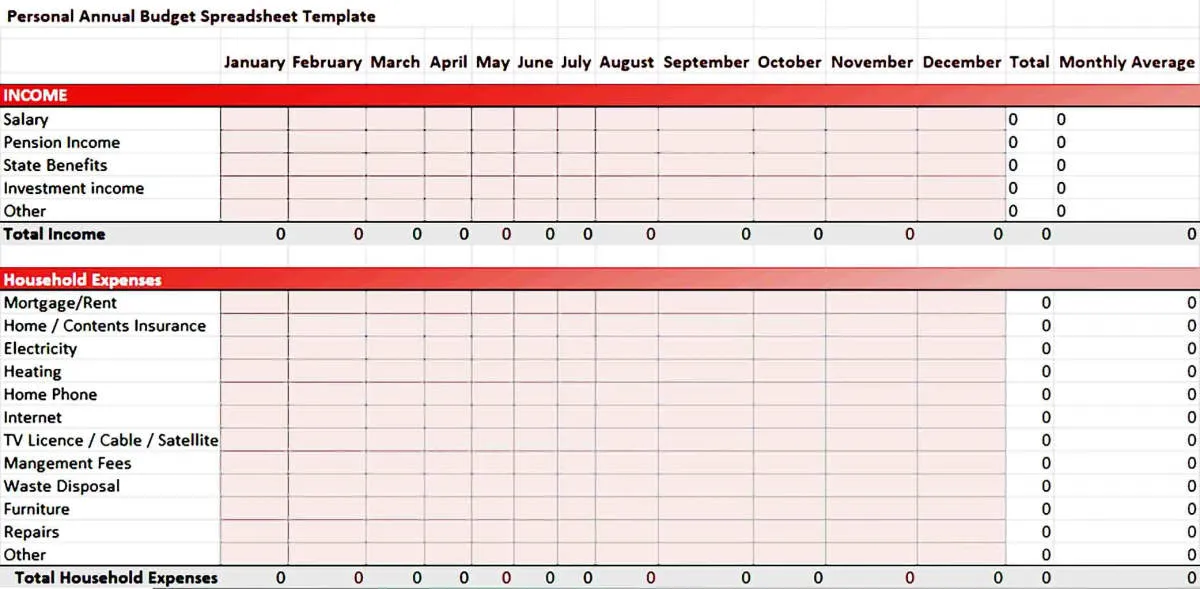
One of the most crucial steps to affordable world travel is establishing a daily budget. This financial roadmap acts as your guide, ensuring you don’t overspend and can continue your adventures. Here’s how to set yours:
1. Determine Your Overall Budget:
Before breaking things down daily, know your total travel fund. Consider flights, visas, travel insurance, accommodation, activities, and a buffer for unexpected expenses.
2. Research Your Destinations:
Costs vary drastically across countries. Research the average daily expenses for food, transportation, and activities in each place you’ll visit. Budget Your Trip, Nomadlist, and similar websites can be valuable resources.
3. Factor in Your Travel Style:
Are you a backpacker on a shoestring budget, or do you prefer a bit more comfort? Be honest about your travel style and adjust your budget accordingly. Luxury travel will significantly increase your daily costs.
4. Break It Down:
Divide your total budget by the number of travel days for an average daily spending limit. Remember to factor in more expensive destinations or activities, ensuring you have enough allocated.
5. Track Your Spending:
Use a budgeting app, spreadsheet, or even a simple notebook to monitor your expenses. This real-time view helps you stay within budget and make adjustments as needed.
6. Be Flexible and Adjust:
Unexpected costs can arise. Be prepared to adapt your budget by finding cheaper meal options, taking advantage of free activities, or adjusting your itinerary.
Traveling with Friends

Traveling with friends can be an amazing way to share experiences and create lasting memories, all while making your trip more affordable. Here’s how to leverage the power of friendship for budget-friendly adventures:
Splitting Costs
Sharing is caring, and it’s also budget-friendly! Splitting costs on accommodation, transportation, and activities can significantly reduce your individual expenses. Consider these options:
- Accommodation: Opt for hostels with private rooms, rent apartments through Airbnb, or consider budget-friendly hotels with multiple beds.
- Transportation: Sharing rideshares, renting a car together, or utilizing group discounts on trains and buses can save a lot.
- Activities: Many tours and attractions offer group discounts, so plan activities together to maximize savings.
Cooking Together
Eating out for every meal can drain your budget quickly. Consider these tips for saving money on food:
- Grocery Shop Together: Visit local markets and stock up on breakfast items, snacks, and ingredients for simple meals you can prepare at your accommodation.
- Pack Lunches: Before heading out for a day of sightseeing, pack lunches and snacks to avoid expensive restaurant meals.
Negotiating as a Group
There’s strength in numbers! Use your group size to your advantage when bargaining.
- Accommodation: Inquire about group discounts at hostels or guesthouses.
- Tours and Activities: Negotiate better prices for larger groups, especially for activities like guided tours or adventure sports.
Finding Free Activities
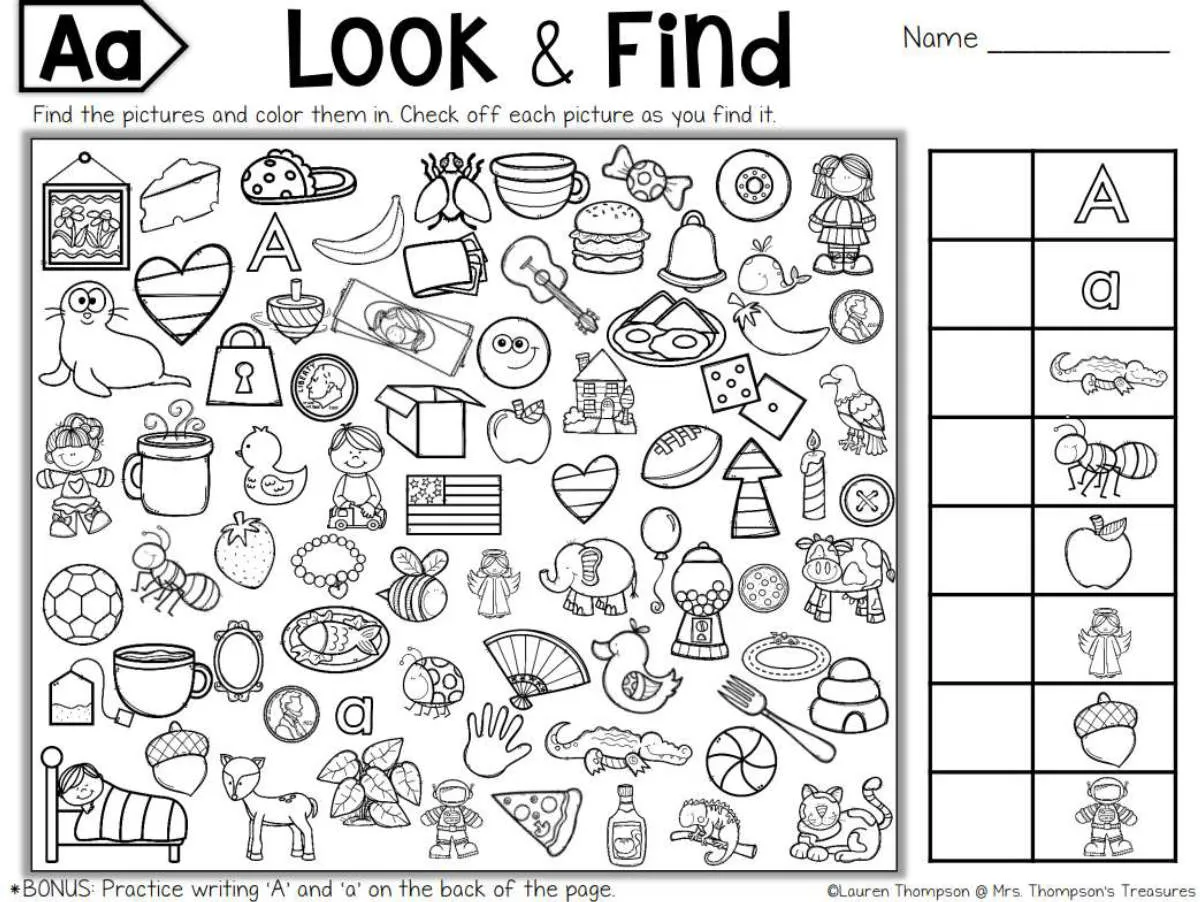
Traveling on a budget doesn’t mean you have to miss out on all the fun. In fact, some of the best travel experiences are completely free! Here’s how to discover and enjoy free activities on your adventures:
1. Embrace the Outdoors
Many destinations boast stunning natural beauty that costs nothing to enjoy. Think hiking scenic trails, relaxing on picturesque beaches, picnicking in lush parks, or simply exploring the city on foot.
2. Seek Out Free Walking Tours
Many cities offer free walking tours led by passionate locals. These tours provide a fantastic way to see the highlights, learn about the history and culture, and get insider tips from someone who knows the area well.
3. Visit Museums on Free Admission Days
Most museums have specific days or evenings each month where admission is free. Do a little research before you go, and plan your itinerary accordingly to take advantage of these free opportunities to immerse yourself in art, history, or science.
4. Attend Local Events
Keep an eye out for free concerts in parks, outdoor film screenings, festivals, and markets. These events offer a taste of local life and often feature live music, entertainment, and delicious food.
5. Utilize Tourist Cards
Some cities offer tourist cards that provide free or discounted access to attractions, transportation, and activities. Investigate whether a tourist card is available for your destination and if it aligns with your travel plans.
6. Take Advantage of Free Resources
Leverage free resources like local tourism websites, travel blogs, and social media groups. These platforms often highlight free events, activities, and hidden gems that can enhance your travel experience.
7. Connect with Locals
Don’t be afraid to strike up conversations with locals! They often have the inside scoop on the best free things to see and do in their city. Ask for recommendations, and you might discover hidden gems you wouldn’t find in guidebooks.
Conclusion
In conclusion, traveling the world on a budget is achievable through careful planning, flexibility, and taking advantage of cost-saving strategies like budget accommodations and meal choices.

